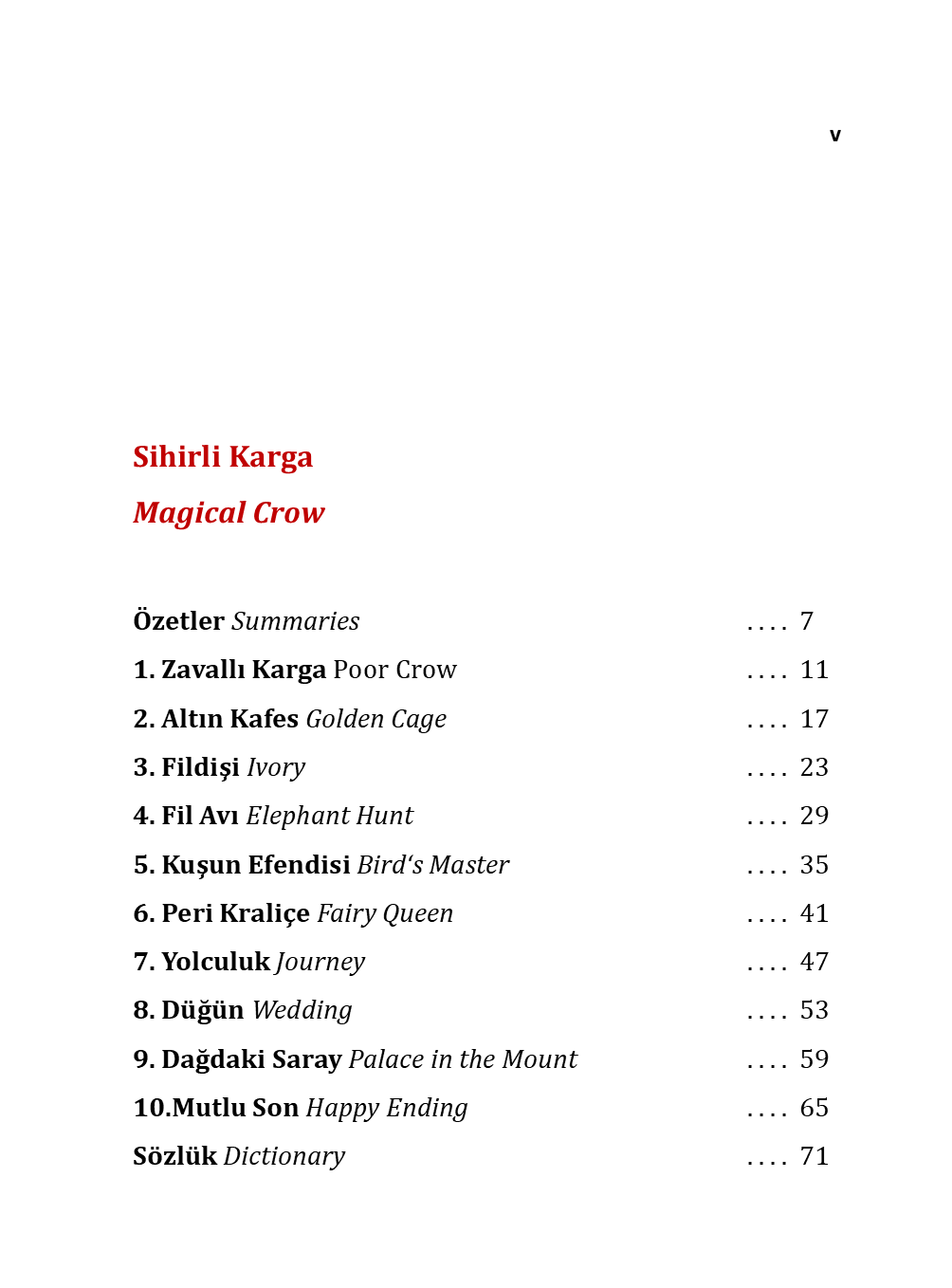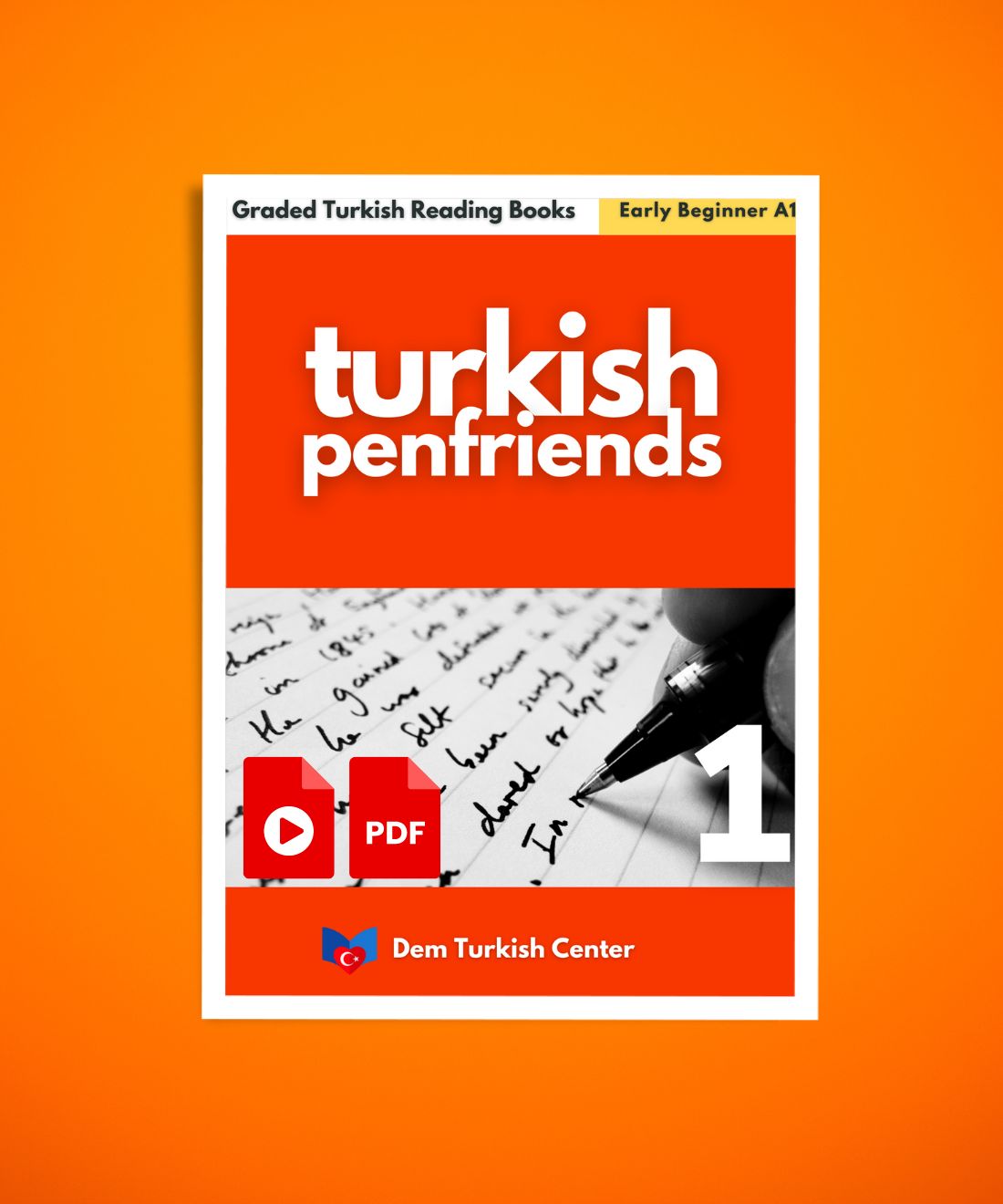
How to become a polyglot
Becoming a polyglot, or someone fluent in multiple languages, is a long-term but highly rewarding journey that requires dedication, strategy, and consistent effort.
How to become a polyglot
Here's a detailed guide to help you on your way:
1. Set Clear Goals
Before embarking on learning multiple languages, it's essential to set specific, measurable, and achievable goals:
- Why do you want to learn multiple languages? For travel, career, cultural enrichment, or to challenge yourself?
- How many languages? Start with a manageable number, such as two or three, and gradually increase as you grow comfortable.
- Focus on proficiency, not just fluency Aim to be proficient enough to communicate effectively in everyday situations.
2. Start with One Language at a Time
While it might be tempting to learn many languages at once, it's better to focus on one language at a time initially.
This helps build a strong foundation before tackling others. Fluency in one language will make learning others much easier, as languages share common roots or structures, especially those within the same family (like Romance languages: Spanish, French, Italian).
3. Immerse Yourself in the Language
- Practice Every Day Consistency is key. Dedicate time daily for language study, whether through apps, books, media, or conversation.
- Surround Yourself with the Language Listen to podcasts, watch movies, read books, or even change your phone’s language settings. Immersion helps reinforce learning naturally.
4. Use Language Learning Apps
Leverage modern language-learning apps like:
- Duolingo for beginner to intermediate levels.
- Memrise for vocabulary and phrases.
- Anki for spaced repetition of flashcards.
- Babbel or Busuu for structured lessons and conversation practice.
5. Practice Speaking Regularly
Speaking is often the hardest skill to develop in language learning. It's important to practice with native speakers or fellow learners:
- Language exchange apps like "Tandem" or "HelloTalk" allow you to find conversation partners.
- Join language meetups or online groups.
- Hire a tutor through platforms like "iTalki" for personalized speaking sessions.
6. Learn Grammar and Vocabulary Simultaneously
Balance between grammar and vocabulary. Learning words in context, especially common phrases, is more effective than rote memorization. Here's how:
- Focus on high-frequency vocabulary that will be immediately useful.
- Master the basic grammar rules but avoid over-analyzing them at the beginning. Build fluency through usage.
7. Use the “Language Family” Method
If you're learning multiple languages, focus on languages within the same family.
For example, if you're fluent in "Spanish", learning "Italian" or "French" becomes easier because of shared vocabulary, grammar, and sentence structures.
8. Stay Motivated and Be Patient
Language learning is a marathon, not a sprint. To keep yourself motivated:
- Celebrate small milestones like understanding a movie without subtitles or holding your first conversation.
- Track progress with language goals or journals.
- Switch it up to keep things interesting: Read books, watch TV shows, or explore new cultures and traditions associated with the language.
9. Learn with a Community
Being part of a language learning community can help you stay accountable and motivated. You can join:
- Online communities like language learning threads on "Reddit" or "Facebook" groups.
- Language events or clubs for real-world practice.
- Tutoring platforms where you can get feedback on your progress.
10. Maintain and Revise Regularly
After reaching a certain level of proficiency in one language, it's crucial to "maintain" and "revise". Set aside time to review what you’ve learned:
- Keep engaging with media in your learned languages to ensure you don’t forget them.
- Practice speaking and listening to maintain fluency.
11. Leverage Your Native Language
Understanding the grammar and structure of your native language can be a powerful tool in learning other languages.
For instance, if your native language shares similarities with the target language, you can spot patterns that make learning faster.
12. Enjoy the Journey
Finally, learning multiple languages should be enjoyable!
Embrace the challenges, celebrate the successes, and always remind yourself why you started this exciting path.
Becoming a polyglot requires "commitment, patience, and consistency". Focus on immersion, speaking regularly, and using technology and community to keep you on track.
Whether learning for personal growth, career, or travel, each new language you master opens doors to richer experiences and deeper connections with the world.














